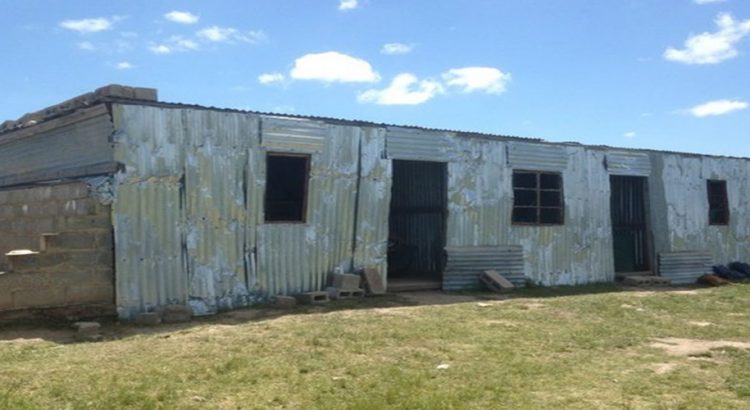(Photo courtesy of Equal Education)
Apartheid’s legacy of skewed resource distribution continues to impede the realisation of the right to basic education. By the mid-1960s, the apartheid government was spending, on conservative estimates, ten times more on white learners than on black learners. Redressing this injustice is a moral, socio-economic and constitutional imperative.
In this article – the first in a series on public school funding – we outline the constitutional framework that must inform education spending and resource distribution in South Africa.
Right to basic education is immediately realisable
The right to basic education guaranteed in section 29 of the Constitution is different from other socio-economic rights. The state’s duty to realise rights such as housing, social security and health-care may be achieved progressively over time and within available resources.
By contrast, Justice Bess Nkabinde of the Constitutional Court, in a landmark judgment, explained:
“Unlike some of the other socio-economic rights, this right [to basic education] is immediately realisable. There is no internal limitation requiring that the right be ‘progressively realised’ within ‘available resources’ subject to ‘reasonable legislative measures’.”
This means that the Constitution recognises that education is a public good that must be made accessible to everyone immediately: to every learner, without exception. This shows the fundamental importance that the Constitution places on education, which must be given priority in the policies, plans and budgets of government. Education funding models must therefore be based on the target of immediately ensuring that all learners access the right to basic education.
Substantive equality and redress
Substantive equality is a fundamental constitutional value and right. Unlike merely formal equality, which requires treating everyone exactly the same, the Constitution recognises historical imbalances and the need to eradicate systemic discrimination against certain groups. Substantive equality requires that the state provide redress for past disadvantage so that everyone is in a position to equally enjoy all their rights, including education. This is key to to the transformative agenda of the Constitution.
Recently retired Justice Dikgang Moseneke explained in a 2004 judgement that “[a]bsent a positive commitment progressively to eradicate socially constructed barriers to equality and to root out systematic or institutionalised under-privilege, the constitutional promise of equality before the law and its equal protection and benefit must, in the context of our country, ring hollow.”
Section 29 has been specifically interpreted by our courts to impose an obligation on the State to not only provide education but to also simultaneously redress past imbalances caused by the racially discriminatory laws and practices of the colonial and apartheid eras.
Constitution guarantees access to quality education
The Constitutional Court has said that “education is the engine of any society”. It is the main way in which economically and socially marginalised adults and children can lift themselves out of poverty and obtain the means to participate fully in their communities.
The right to a basic education provides a way to realise the dignity, equality and freedom of every person. For this to happen, education must be of adequate quality.
A rights-based approach to public school funding
What are the implications of these constitutional principles and rights for funding public schools? At a minimum:
- The state must prioritise education funding as basic education is an immediately accessible public good.
- Access to education alone is not sufficient. Substantive equality requires that access to quality education is equalised: no person or group of people should receive a vastly inferior education to anyone else.
- A progressive funding model is required that lifts the standards of disadvantaged schools up to the levels of resource expenditure (inputs) and quality of learning (outputs) of historically advantaged schools.
The South African Schools Act recognises the need to “provide an education of progressively high quality . . . [and] uphold the rights of all learners”. It requires the state to “fund public schools from public revenue on an equitable basis in order to ensure the proper exercise of the rights of learners to education and the redress of past inequalities in education provision”.
However, while the legislation is laudable for its recognition of the constitutional goal, the mechanics of education funding are not achieving these aims.
In the next articles in this series, we analyse how basic education is funded in South Africa. Beginning with the distribution of funds among the provinces, and then looking at personnel and non-personnel spending, we will explore various shortcomings in the existing model while highlighting what opportunities there are for achieving greater quality and equality in our public schools.
| What the Constitution requires | How this impacts the budget process | |
| Priority | Basic education must be accessible to all immediately. | Basic education must be treated as a priority in government budgeting processes. |
| Quality | The right to basic education is a right to an education of adequate quality. | Resources must be invested by the state into the basic education system that are sufficient to achieve adequate quality. |
| Equality | Education of an adequate quality must be made available and accessible to all. | Among others:
|
Published originally on GroundUp .
